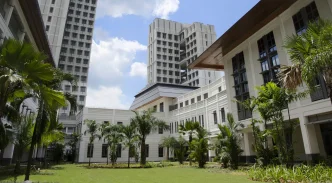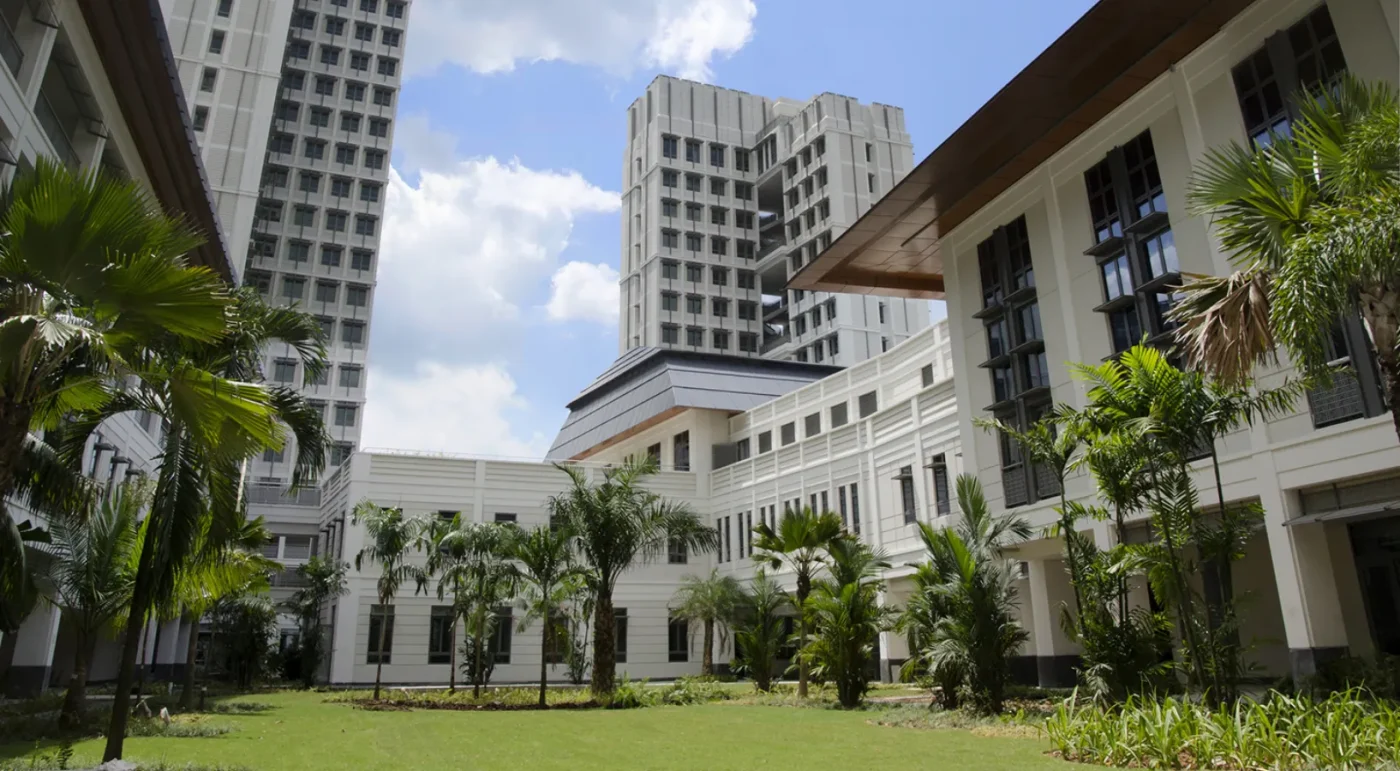The sight of hundreds of books packed into plastic bags and carted off for recycling has ignited a firestorm of criticism among alumni of Yale-NUS College in Singapore. On May 20, 2025, piles of academic texts and literature, many in near-perfect condition, were removed from the college’s library drop-off point near the National University of Singapore (NUS) University Town in Kent Ridge. The incident, occurring just days after the liberal arts institution graduated its final cohort, has raised questions about the value placed on educational resources and the decision-making processes at one of Singapore’s leading universities.
A Painful Farewell to Yale-NUS
Yale-NUS College, a pioneering liberal arts institution established in 2011 through a collaboration between Yale University and NUS, officially closed its doors in 2025 following a 2021 announcement of its merger with NUS’ University Scholars Programme. The closure marked the end of an era for a college that had been lauded for its innovative approach to higher education in Asia. However, the disposal of library books in the institution’s final days has cast a shadow over its legacy, with alumni and students expressing heartbreak and frustration over what they see as a wasteful and insensitive act.
According to witnesses, the books were packed into translucent white plastic bags, with approximately 60 to 70 bags—each weighing between 10 and 15 kilograms—loaded onto a truck by employees of Green Orange Enviro, a recycling company. The materials were reportedly destined for Asia Recycling, a facility in Jurong, where they would be shredded. The scale of the disposal, coupled with the public nature of the act, has fueled a sense of loss among those who cherished the college’s intellectual environment.
Alumni Voices: Heartbreak and Disappointment
Many Yale-NUS alumni have taken to online forums and social media to voice their dismay. Ms. Avery Huang, a 23-year-old anthropology major who graduated in 2025, was at the scene and attempted to intervene. “I found it heartbreaking that these books, which are in perfectly good condition, are being thrown away” she said. Ms. Huang also questioned the use of public funds, noting that the disposal seemed to disregard the value of taxpayers’ money invested in these resources.
Similarly, Ms. Lee Jiaying, a 21-year-old from the college’s final graduating class, rushed to the campus after receiving a text about the incident. “These books were in brand-new, mostly untouched condition, on all kinds of popular fiction, non-fiction, and academic genres” she recounted. Recognizing hardcover titles that retail for over $60, she described the disposal as “heartbreaking” and criticized the apparent carelessness with which the books were handled. “Books are precious educational resources for communities to enjoy. In the right hands, they could have been thoughtfully cared for” she added.
Ms. Kristina Gweneth Simundo, a 2024 graduate, expressed a deeper concern about the implications of the act. “When institutions destroy knowledge so casually, they signal a disturbing disregard for memory, inquiry, and the future of learning itself” she said. Her words reflect a broader sentiment among alumni that the disposal represents not just a loss of physical resources but a symbolic blow to the values Yale-NUS stood for.
Reasons Behind the Disposal
While the exact rationale for the disposal remains unclear, some insights have emerged from conversations with library staff. According to Ms. Lee, staff explained that the books were duplicates, contained NUS RFID security tags, and could not be circulated for security reasons. Additionally, the staff reportedly faced a tight timeline to make decisions about the library’s inventory, leaving them with what they felt was no viable alternative but to send the books to a waste facility.
Alumni have pushed back against this reasoning. Ms. Yin, a 26-year-old Yale-NUS alumna who preferred to remain anonymous, argued that NUS, as a globally recognized institution, should prioritize the preservation of intellectual resources. “While there may have been issues of labor and manpower to, say, remove RFID chips on the books, I believe that we had a lot of students who were willing to volunteer their time to allow for some salvaging of books” she said. Others have reported attempting to organize donation drives or giveaways, only to be told that such initiatives were not feasible due to the security tags.
A Broader Conversation on Resource Management
The incident at Yale-NUS has sparked a wider discussion about how educational institutions manage resources, particularly in the context of closures or mergers. Libraries are often seen as repositories of knowledge, and the decision to dispose of books—especially those in good condition—can feel like a betrayal of that mission. In Singapore, where education is a national priority and public funding for universities is significant, the public disposal of academic materials carries additional weight.
Some alumni have pointed out that the books could have been redistributed to schools, community centers, or libraries in need. Ms. Lee noted that many Singaporeans go to great lengths to salvage and rehome second-hand books, suggesting that the discarded volumes could have benefited underprivileged communities or avid readers unable to afford new copies. The abruptness of the disposal, described by students as “sudden” and “opaque,” has only deepened the sense of missed opportunity.
NUS Response and Future Steps
In the wake of the incident, the National University of Singapore issued an apology for what it described as an “operational lapse” in the handling of Yale-NUS library books. The university has promised a review of the decision-making process that led to the disposal, though specific details about the review or potential policy changes have yet to be announced. NUS Libraries, which oversaw the library at the former Yale-NUS campus, has also been contacted for further clarification on the incident.
For now, the episode serves as a poignant reminder of the challenges institutions face during transitions, as well as the emotional and cultural significance of academic resources. While the books themselves may be gone, the outcry from Yale-NUS alumni underscores a collective desire to preserve the college’s legacy and ensure that knowledge is treated with the reverence it deserves.
Looking Ahead: Lessons from Loss
As Singapore continues to position itself as a global hub for education and innovation, incidents like the Yale-NUS book disposal highlight the importance of transparency and community engagement in institutional decisions. For the alumni who witnessed the bags of books being carted away, the pain of seeing their college’s resources discarded lingers. Yet their voices also carry hope—a hope that future decisions will reflect a deeper commitment to preserving knowledge, even in the face of logistical constraints. The question remains: how will NUS and other institutions learn from this moment to better honor the value of shared intellectual heritage?
















